The coastal area is a complex environment, subject to interactions between various physical, chemical, biological and human factors. The project of PAMELi marine drone was born from the need of repeated, co-located and simultaneous observations from different disciplines, with the archiving and accessibility over time of these observations.
can be installed on PAMELI.The acquired data are recorded and saved on board the drone in a temporary database, before validation, transfer and archiving in a multidisciplinary database on land. The goal is to build over time a comprehensive and long-lasting spatio-temporal information system promoting the development of interdisciplinary research.
One of the stated objectives of the project is to be part of the long-term monitoring of our coasts imposed in particular by the context of current climate change, with a return to society, through interoperability of the database with other observation systems and the establishment of web services accessible to scientists but also to socio-economic actors. The city of La Rochelle and its university are committed to the development of a connected and zero carbon territory and the PAMELi project fits perfectly into this philosophy.
At the University of La Rochelle, the PAMELi project is supported by the LIENSs laboratory and we worked with the DT-INSU in Brest for the instrumentation of the drone. We are also working in coordination with the L3I laboratory (Computer Science, Image and Interactions Laboratory) which is also working on the development of marine drones (Jetskin), mainly from the point of view of computing, piloting, artificial intelligence and telecommunications.
The educational dimension of the project towards higher education, but also secondary education, is developed within the framework of the DroneEduc project (LRU with support from the Nouvelle Aquitaine Region) and the Argonautica program (CNES).


